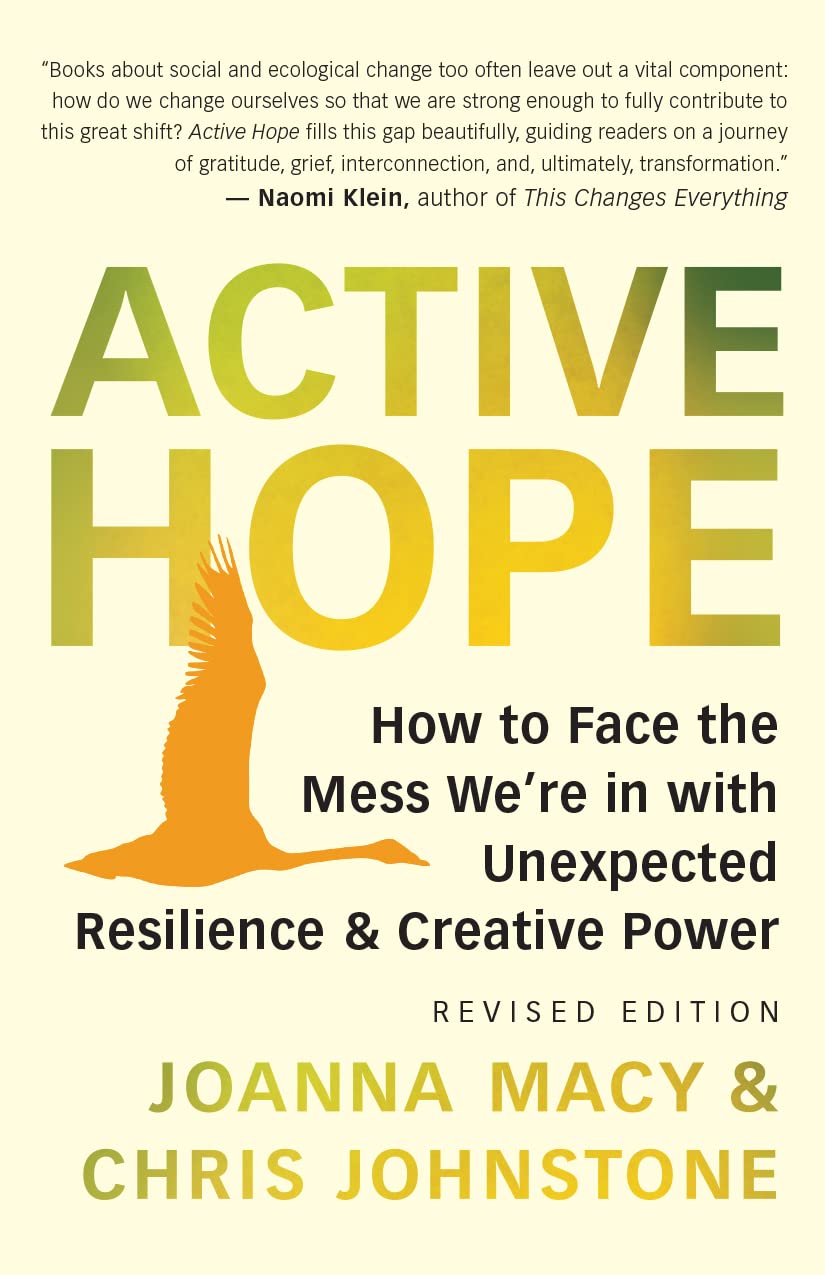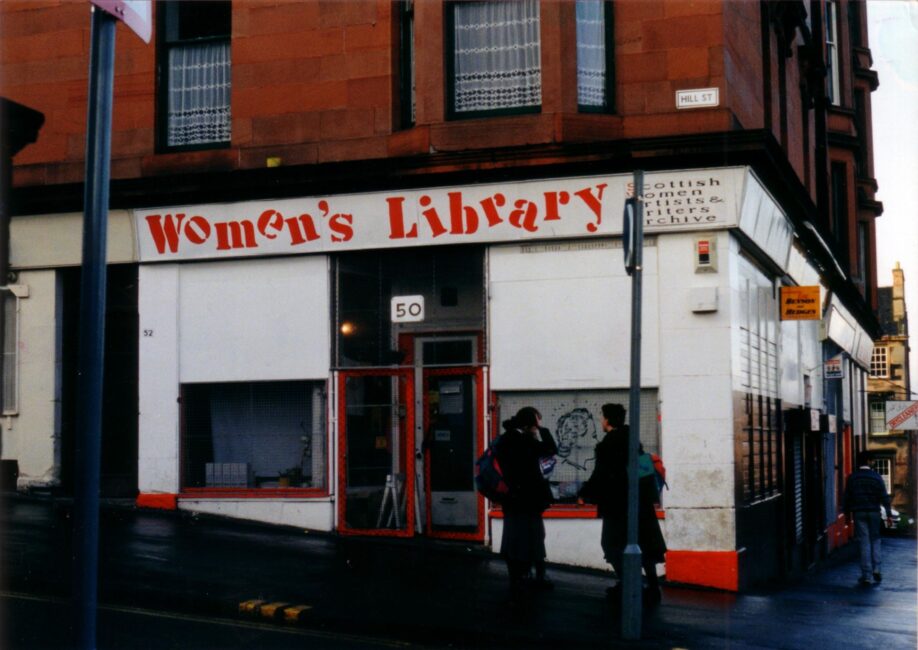A Nobel Prize winner and a leading proponent of the short story format, Alice Munro requires little introduction. Featuring fourteen stories, Dear Life is the most recent short story collection by a writer who has been publishing in the genre since the 1970s. At 319 pages in length it is not an intimidatingly heavy read, and is remarkably readable.
Munro conjures markedly varied, childlike innocences throughout Dear Life. The first story,To Reach Japan, frames innocence against the backdrop of adult relationships, exposing some of the weakness and vulnerability that remains or returns to adults as their relationships begin and end. The story is not told from the point of view of a child but her mother, and yet a distinct essence of childishness still runs through the narrative. Greta, the mother, is shy at a party and easily swept up by male attention, and dramatic events which take place during a train journey leave the reader wondering at the dynamic between her and her daughter, Katy. All of the childish wandering and sense of abandonment seems to emanate from Greta rather than Katy, and the dominant theme of the story is arguably the mother’s vulnerability and artlessness in the manipulation of her romantic encounters, rather than the innocence and childishness of her daughter.
Gravel continues this theme of innocence and simplicity by presenting us with family tragedy through the eyes of a child. Munro’s narrative is frank about the flawed ways in which children carry memory into adulthood (“I remember some parts of it clearly, but without the links you need to form a proper picture”), making the narrator’s recollections all the more credible, and the use of the first person is strikingly appropriate to the reflective nature of an adult looking back through clouded memory to an incident from their childhood. With a very clear note of catharsis, Gravel touches on divorce, adult crises (and the resultant ineffectuality of the adults concerned) and loss, and the climax is profoundly sad and shocking.
In Haven, our child narrator (first person again) stays with her aunt and uncle, where she observes her aunt’s daily life as a regimented and repressed companion to her husband. The story culminates in a relatively small public embarrassment for the uncle which is almost comically petty and inane – the perfect mirror to his own behaviour up to that point. Dolly takes an equally observant and faithful look at some of the pettiness and insidious emotion of marital miscommunication, as a wife reacts to meeting an old flame of her husband’s with what could be considered an explosive, but abortive, sulk. Other stories in this collection touch upon themes including deception, mental illness, poverty, friendship and motherhood – and the whole is a rich anthology of life, traced from cradle to grave, always with that raw sense of original experience. Munro’s prose is immersive enough to make the reader feel like they are with the characters throughout the action, and has none of the obscuring language which is often to be found in literary fiction of its kind.
One of the many truly great things about Alice Munro is that the sheer simplicity of her writing is beautifully matched with the everyday subjects and events she often chooses to examine. This collection would be further proof, if such proof were required, of her ability to write illuminating, neat observations of both the ordinary and the extraordinary in effortless language which parachutes the reader deep into what a character is seeing and feeling. Where twists in the tale are called for they are presented with elegance, but it is also her ability to tell stories which have an almost inevitable trajectory – predictable tragedies, if you like – that makes Munro’s position as the leading lady of the short story format so assured. Dear Life is entirely up to Alice Munro’s established standard, and is a must-read both for existing fans and anyone keen to explore short literary fiction which is written with sharing, showing and empathy at its core.
Rebecca Jones







